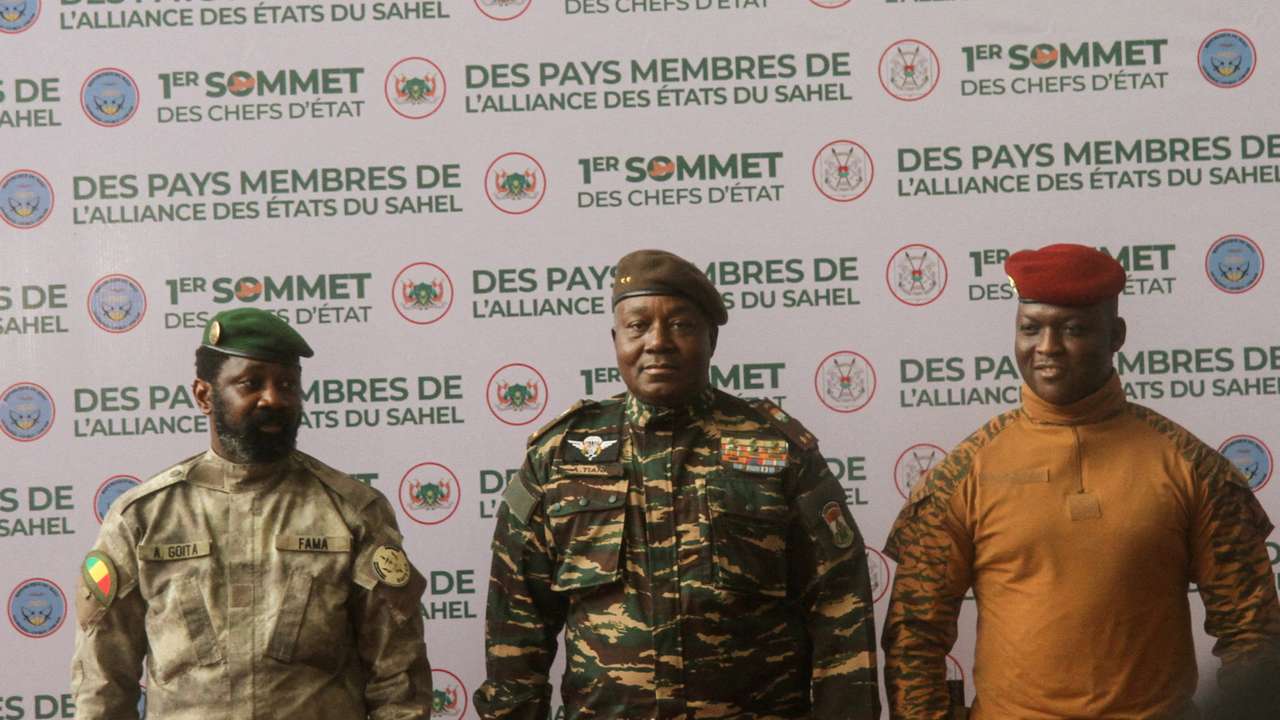What West Africa’s recent military takeovers have in common

In the last few years, West Africa has seen a troubling comeback of military coups.
Mali, Burkina Faso, Niger, and Guinea have all witnessed soldiers taking power, often to the cheers of crowds frustrated with their governments. It feels like democracy in the region is hanging by a thread, but what’s really behind this wave of takeovers?
Experts say the pattern isn’t random. Across these countries, a mix of economic frustration, governance failures, and growing security threats has created fertile ground for military intervention. According to a policy brief by the Baker Institute for Public Policy, weak state institutions and public disillusionment with civilian governments are the most consistent precursors to coups in Africa’s recent history.
In Mali, for example, the military stepped in after the government struggled to deal with Islamist attacks that killed thousands and displaced millions. Burkina Faso followed a similar pattern: rising violence, a struggling economy, and widespread frustration pushed soldiers to act.
In Niger, where President Mohamed Bazoum was overthrown in July 2023, the junta said it acted because of “the deteriorating security situation.” That line has become a familiar justification across the region.
But it’s not just about guns and insecurity. Economic pressures have made things worse. Countries like Mali, Burkina Faso, and Guinea depend heavily on raw materials such as gold and bauxite, yet many people feel the wealth never reaches them.
High unemployment and rising food prices have made daily life harder, especially for young people. When democracy doesn’t seem to deliver results, it becomes easier for soldiers to claim they can do better.
“People see elections, but they don’t see change,” said a researcher quoted by the Georgetown Journal of International Affairs. “When the gap between promise and progress keeps widening, citizens start to see coups as a reset button.”
Foreign influence also plays a part. Many of the recent coups happened in Francophone countries that are trying to distance themselves from France. Military leaders often accuse Paris of meddling in local affairs, while openly courting new partners like Russia or China. Analysts say this shift has emboldened some juntas, giving them room to resist pressure from ECOWAS or Western governments.
Yet history suggests coups rarely bring lasting stability. Research from ISS Africa shows that countries with one coup are more likely to experience another within a few years. Promises of reform often give way to tighter media control, suspended constitutions, and extended transition periods.
People aren’t necessarily choosing the military; they’re choosing whoever promises a change they can feel.
This story is written and edited by the Global South World team, you can contact us here.